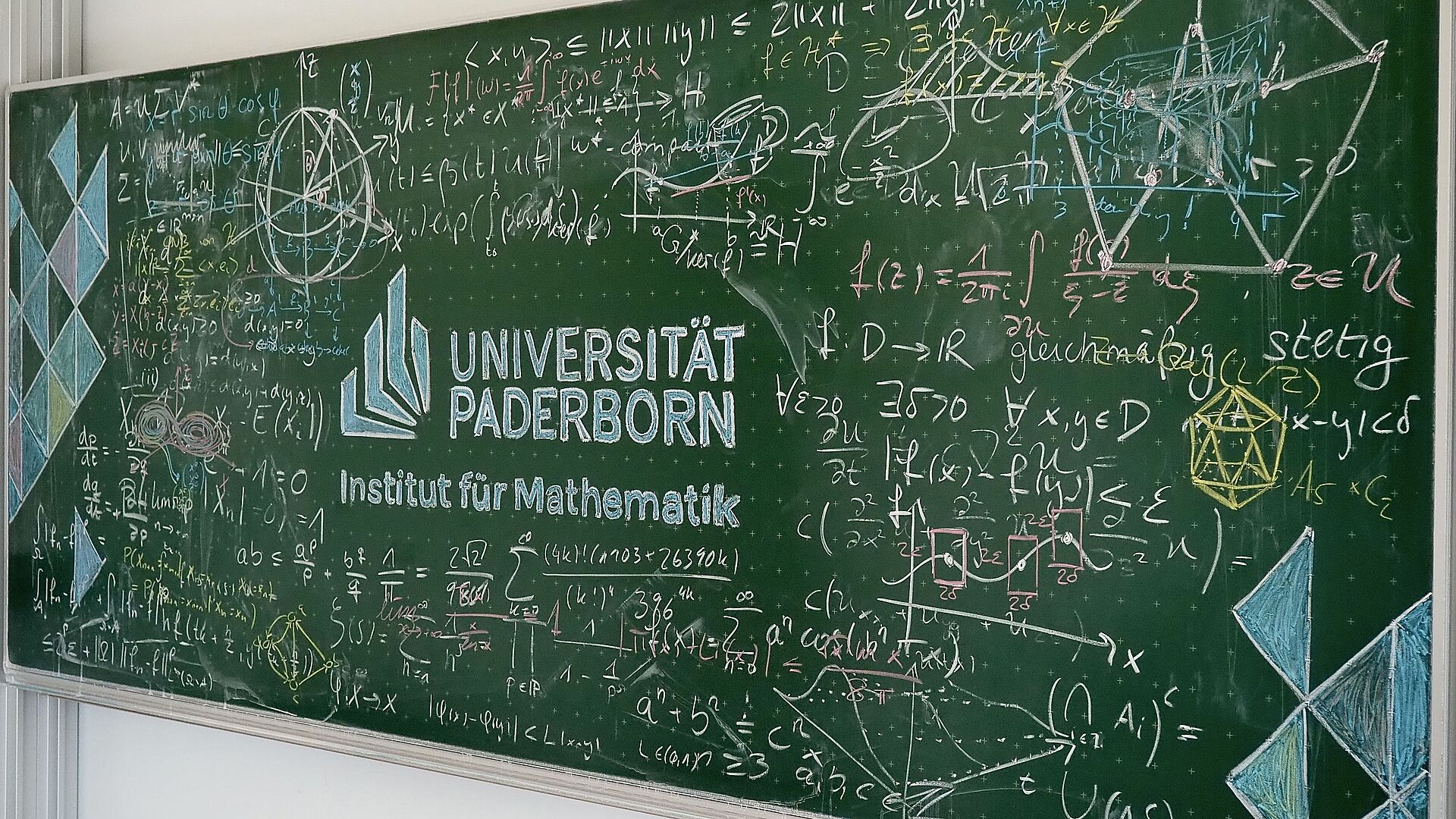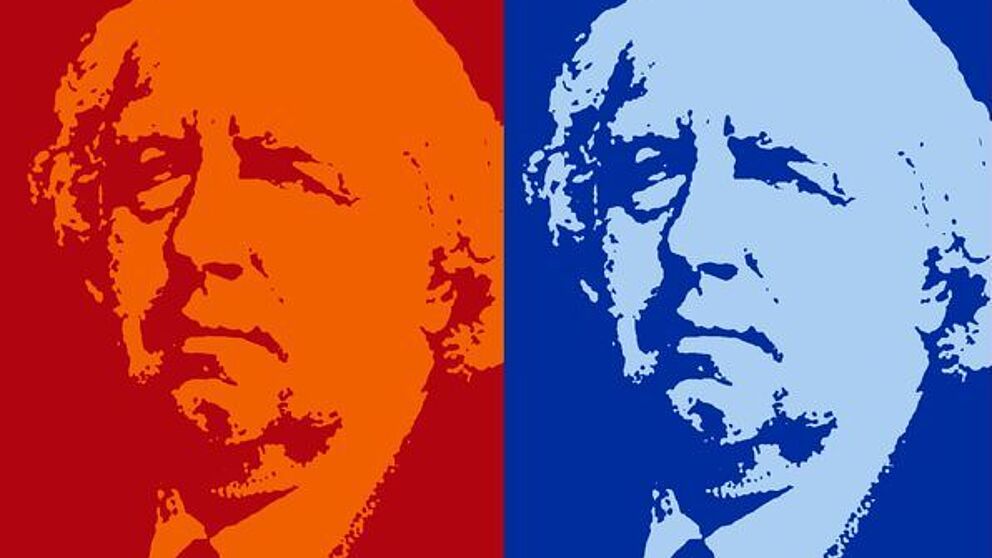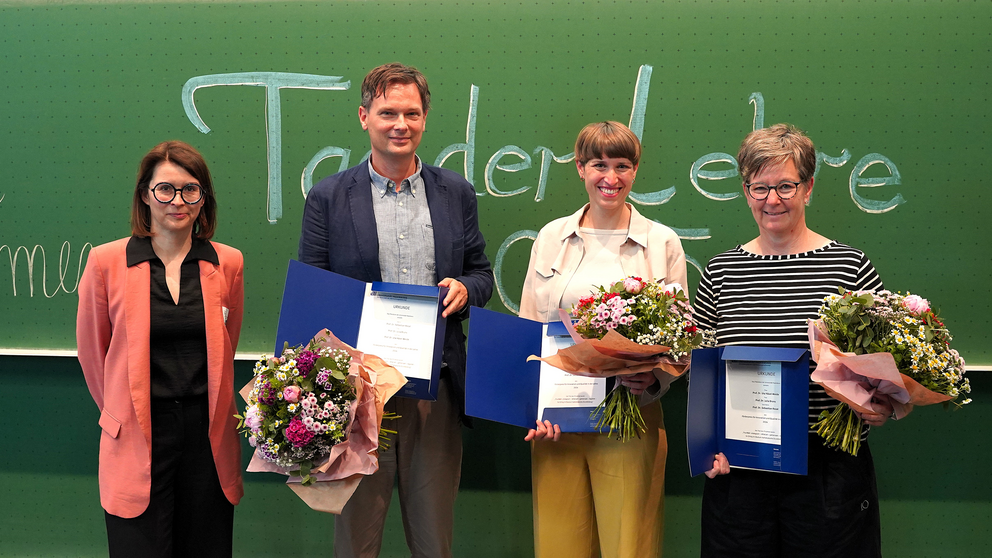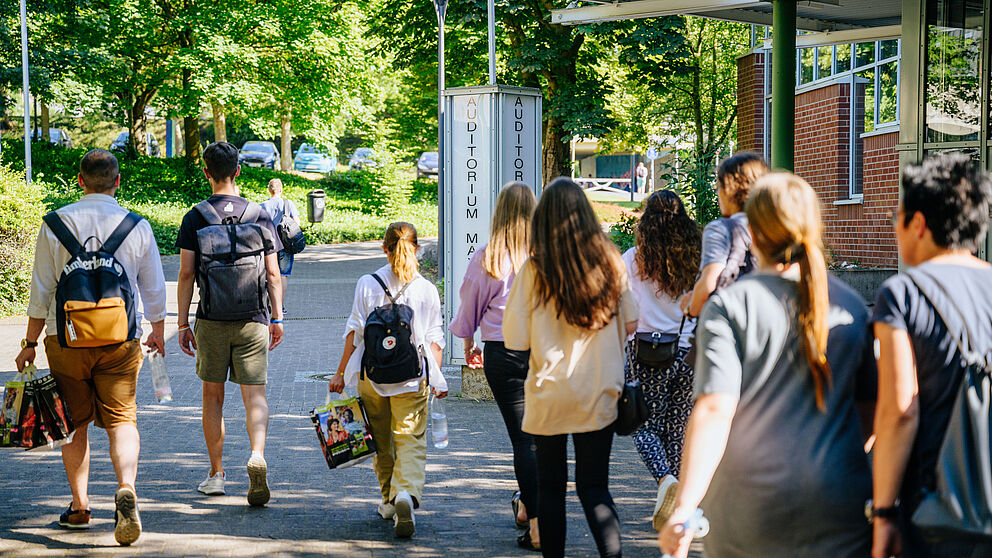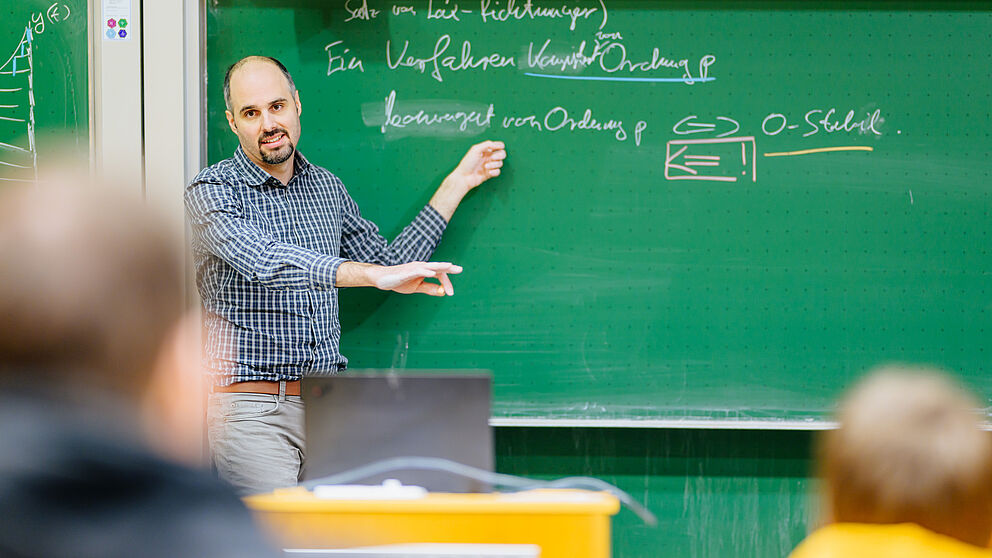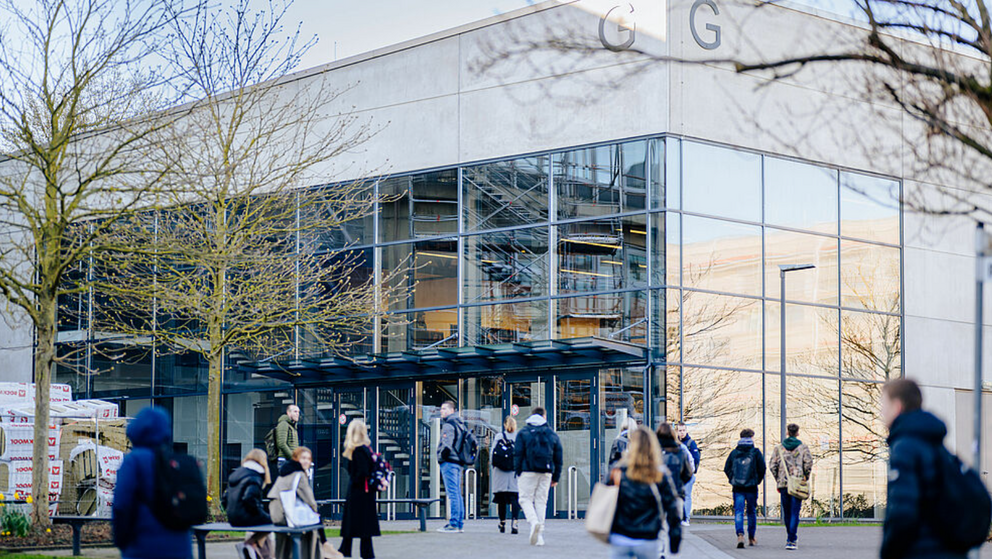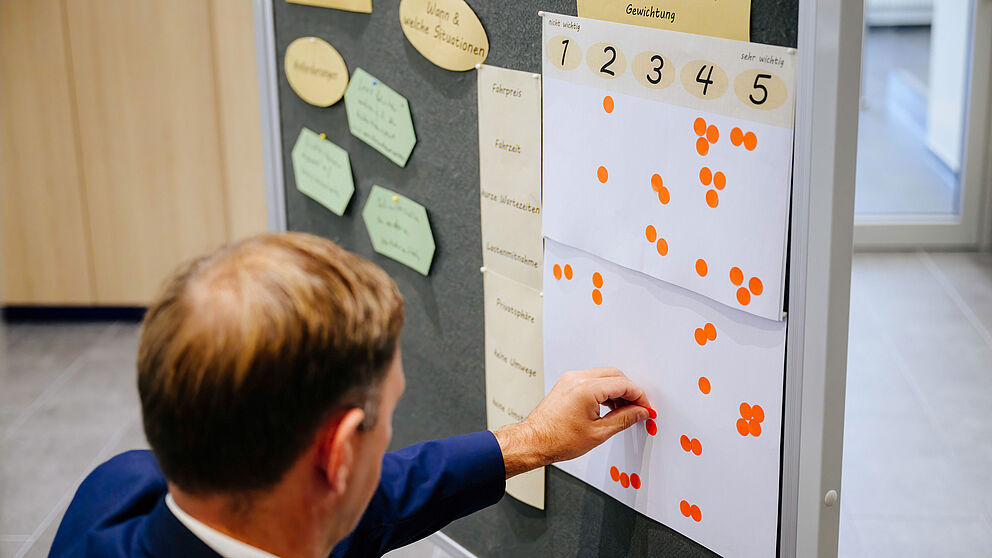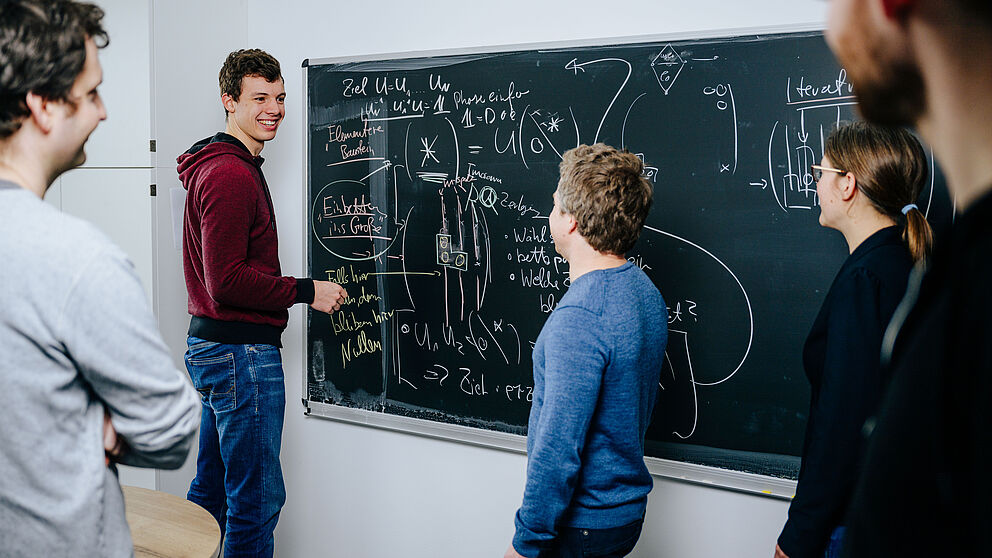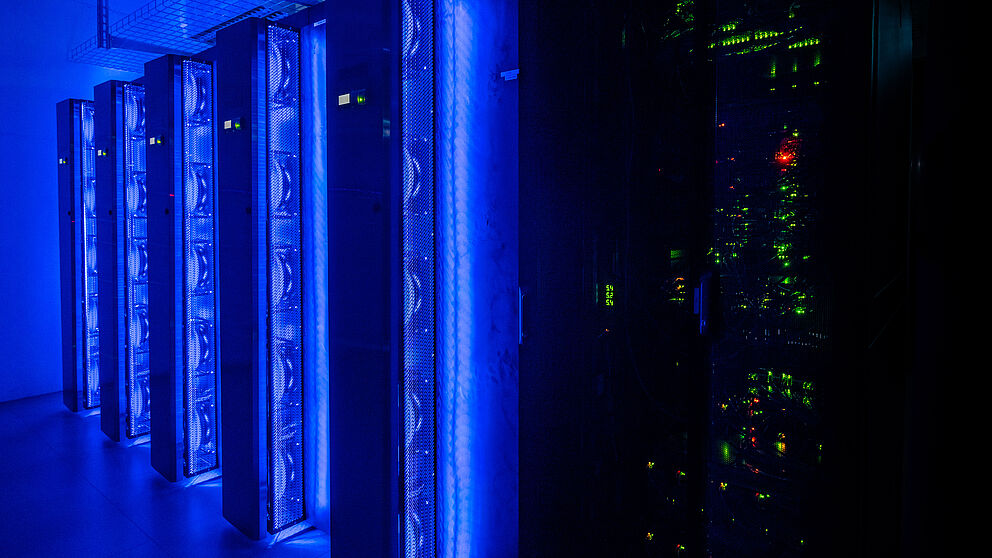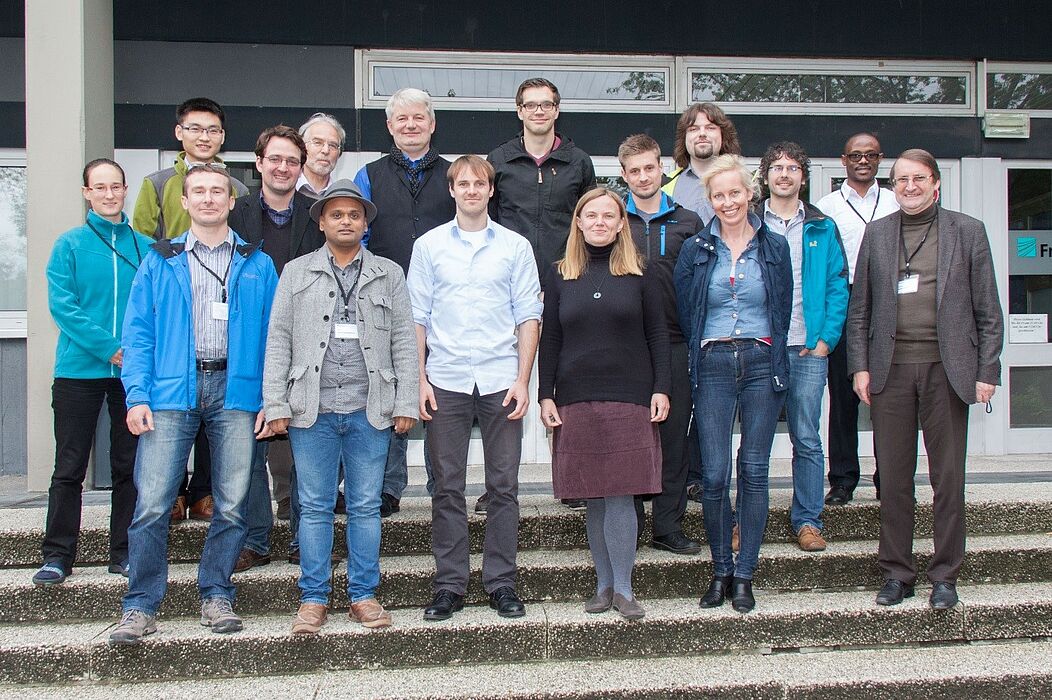11. internationaler Workshop „Direct and Inverse Problems on Piezoelectricity“ an der Universität Paderborn
Am 21. und 22. September trafen sich 20 Experten auf dem Gebiet der Modellierung, der Simulation sowie der Charakterisierung piezoelektrischer Materialien beim 11th International Workshop Direct and Inverse Problems on Piezoelectricity (DIPP) an der Universität Paderborn. Auf diesem Expertenworkshop wurden neueste Forschungsergebnisse präsentiert und diskutiert: (http://www2.math.uni-paderborn.de/en/konferenzen/piezoelectricity.html ).
Piezoelektrische Bauelemente sind heute aus unserem Leben nicht mehr wegzudenken. Zum Beispiel werden piezoelektrische Bauelemente in jedem Kraftfahrzeug, ob als Sensoren für Einparkassistenzsysteme, zur Luftvolumenstrommessung oder als Aktoren bei der Direkteinspritzung von Kraftstoffen in Motoren eingesetzt.
Piezoelektrischen Materialien haben sehr komplexe physikalische Eigenschaften und auch die Herstellungsprozesse sind sehr anspruchsvoll, um eine möglichst hohe Qualität und lange Verfügbarkeit der technischen Systeme zu gewährleisten.
Eine wesentliche Herausforderung besteht heute darin, die piezoelektrischen Materialien in ihren Eigenschaften möglichst exakt zu beschreiben. Hierzu sind sowohl ein besseres Verständnis der physikalischen Phänomene als auch die Entwicklung von Messmethoden zur experimentellen Materialdatenbestimmung notwendig. Nur so gelingt eine möglichst realitätsnahe Simulation um zukünftige technische Systeme zu entwickeln und zu dimensionieren. Schon seit einigen Jahren arbeiten die Fachgebiete von Professorin Andrea Walther (Mathematik und ihre Anwendungen) und Professor Bernd Henning (Elektrische Messtechnik) an der Universität Paderborn auf diesem stark interdisziplinär geprägten Forschungsgebiet zusammen. Beide Fachgebiete übernahmen in diesem Jahr die Organisation und wissenschaftliche Leitung des Workshops. Im Ergebnis des Workshops konnten das Kompetenznetzwerk erweitert und bestehende Forschungskontakte intensiviert werden.
